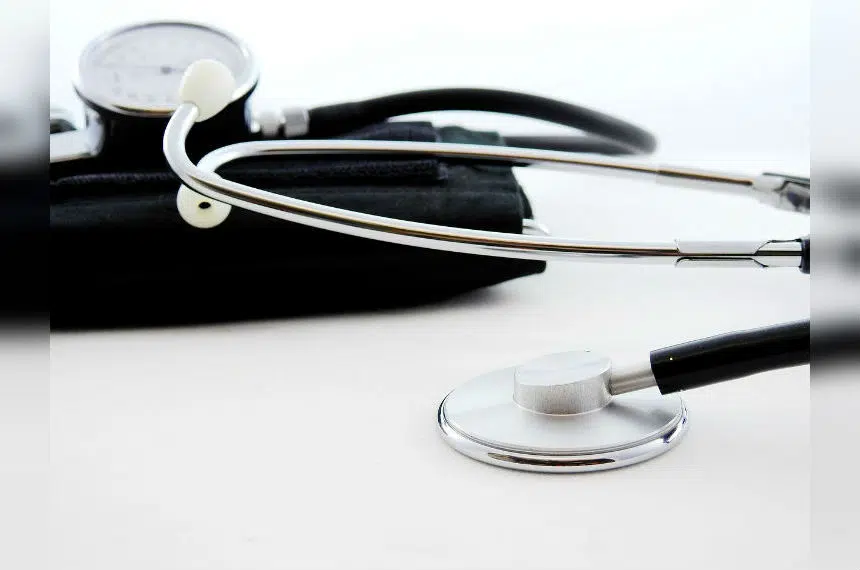The president of the Saskatchewan Medical Association is continuing his call for a delay in the removal of COVID-related public health measures in the province.
In an op-ed sent to media outlets Monday, Dr. Eben Strydom said living with COVID — the terminology being used by the provincial government as it looks to eliminate restrictions — “is an interesting sentiment.”
“I understand the yearning of our politicians and citizens alike who want to put the pandemic behind us and leave what feels like an unending state of crisis after crisis,” Strydom wrote.
“I do worry, however, that this reframing might diminish the harsh reality that many Saskatchewan residents continue to get gravely sick, and several others will pass away from what is in essence a preventable disease.”
On Thursday, the provincial government announced it was changing the way it was managing and reporting on COVID.
The province altered the eligibility for PCR tests, but also said it would no longer provide daily updates of case numbers, hospitalizations, deaths and other statistics.
As a result, Sunday’s update — which reported 724 new cases, six new deaths, 332 hospitalizations and 9,223 active cases — was the last daily release from the government.
Many of the key indicators such as hospitalizations and active cases have dropped over the past week, but Strydom said there should be more decreases before restrictions are removed.
“Like you, physicians look forward to a day when public health measures can be lifted, but caution this should only happen when it is safe to do so,” he wrote. “We need to see steady declines in COVID cases and wastewater transmission data. Hospitalizations should drop into the low double digits, and ICUs have fewer than 10 COVID-19 patients.”
As of Sunday, there were 31 people in the province’s intensive care units.
Strydom noted the pandemic has “stretched and strained” the health-care system to its limits, which has pushed health-care workers to exhaustion and prompted others to leave the profession.
That, he said, could mean the system won’t be able to help people when they need it.
“Patients who are waiting for necessary treatments and procedures are suffering,” Strydom wrote. “Physicians worry whether there will be sufficient resources in place to deliver the care patients need over the long term.”
The SMA president encouraged everyone to get vaccinated against COVID — be it their first or second dose or their booster shot — but also to wear their best masks, manage their contacts and stay home when they feel ill.
“We are all tired of the pandemic,” Strydom concluded. “However, our individual and collective responsibilities remain — whether it is beating COVID or living with it. We must all do our part.”







